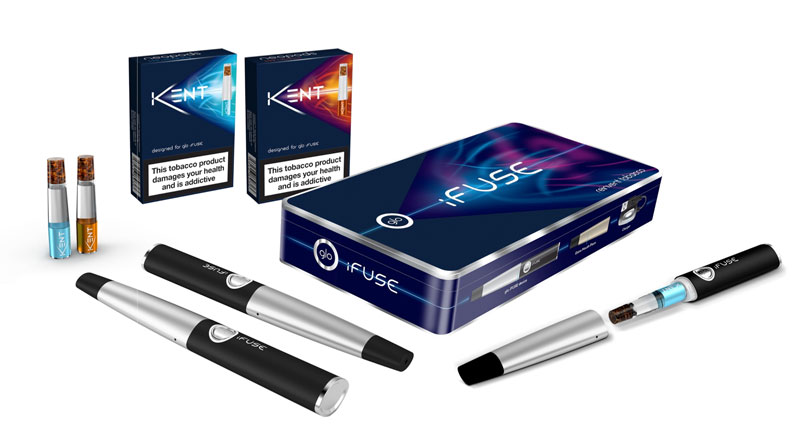Range of products needed

The UK smokers’ group Forest has welcomed a report that studied the risk of using heat-not-burn (HNB) tobacco products.
The report, by the Committee of Toxicology (COT) for Public Health England, says that the level of exposure to harmful and potentially harmful compounds in HNB-product consumers is decreased by 50 percent to 90 percent [in those compounds measured] from that of a smoker’s exposure.
“It’s vital consumers are given as much information as possible so they can make informed choices about the nicotine products they use,” said Simon Clark, director of Forest.
“It’s clear from this report that while there may still be a risk, heat-not-burn products are significantly safer than traditional cigarettes.
“There is no reason therefore for governments to restrict or discourage their use.”
Clark said that electronic cigarettes were a step too far for many smokers; so if the government wanted smokers to quit there had to be a range of products that filled the gap between combustible tobacco and e-cigarettes.
“Heat-not-burn products could encourage many more smokers to quit combustible tobacco because it’s obvious that millions are resistant to e-cigarettes,” he said.
“Choice is paramount so if ministers are tempted to target heat-not-burn products with excessive regulations they would be making a big mistake.”
The Committee investigated two HNB products, IQOS and iFuse, and found that both showed a decrease in the harmful and potentially harmful compounds (HPHCs) to which the user would be exposed, compared to the HPHCs from a conventional cigarette. For both products, there were some HPHCs where the reduction was approximately 50 percent, and the reduction in other HPHCs was greater than 90 percent.
Nevertheless, the Committee concluded, in part, that there will be a risk to health from using HNB products.
‘It is currently not possible to quantify this risk,’ the committee said. ‘Heat-not-burn tobacco products are new and there is insufficient data available to enable a full assessment.
‘The exposure to compounds of concern in using heat-not-burn tobacco products is reduced compared to that from conventional cigarette smoke. It is likely that there is a reduction in overall risk to health for conventional smokers who switch to heat-not-burn tobacco products.
‘While the Committees [Committees on Toxicity, Carcinogenicity and Mutagenicity of Chemicals in Food, Consumer Products and the Environment (COT, COC and COM)] conclude there is a likely reduction in risk for smokers switching to heat-not-burn tobacco products, a risk remains and it would be more beneficial for smokers to quit smoking entirely.
‘A reduction in risk would be expected to be experienced by bystanders where smokers switch to heat-not-burn tobacco products.
‘The risk to the unborn child from use of these products by mothers during pregnancy is difficult to quantify and current NHS advice is to stop smoking entirely. The Committees consider that the risk to the unborn baby is likely to be reduced if these products were used during pregnancy instead of smoking, although the aim should be to stop smoking entirely.
‘Overall, the Committees conclude there are toxicological risks from novel heat-not-burn tobacco products though data on impacts to human health is very limited. Compared with the known risks from conventional cigarettes, they are probably less harmful. Even so, smokers would do better to quit entirely.’